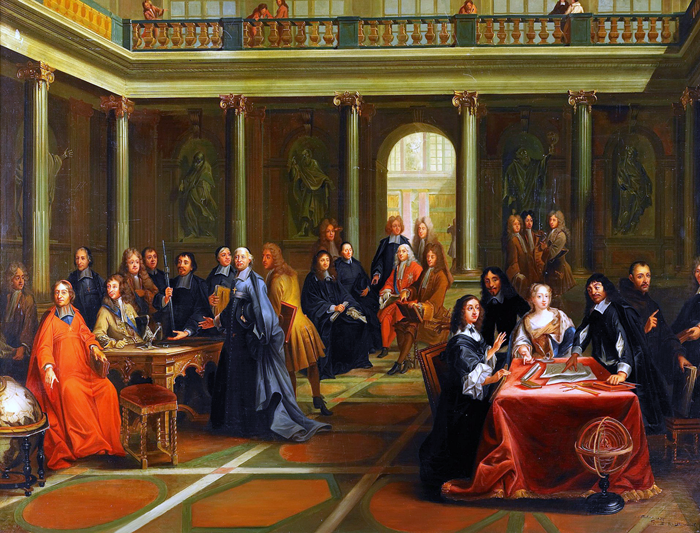The Importance of Philosophy: A Universal Pursuit for Wisdom
Written on
Chapter 1: Philosophy as a Universal Practice
Philosophy is an endeavor that everyone can engage in and should actively pursue.

Photo by niko photos on Unsplash
Many people often misinterpret philosophy, seeing it as irrelevant in today’s fast-paced world. Nevertheless, it remains an indispensable tool for critical thought, offering profound insights and perspectives that might not be evident in other fields. It sparks curiosity and stimulates our intellect, affirming its importance in our lives.
Some critics argue that philosophy is detached from real-world applications, deeming the contemplation of profound issues as futile. However, it is crucial to highlight the significance of philosophical inquiry, which provides a unique and meaningful viewpoint. The concepts of ethics and political philosophy, for example, are deeply woven into our daily experiences, shaping our decisions and actions.
In an era where scientific inquiry often dominates our search for answers, it’s natural to question the relevance of philosophy. Although it may not always yield clear-cut answers, philosophy creates a stimulating framework for exploring essential questions, arousing our intellectual curiosity.
“Considering the current landscape, should we rethink the essence of philosophy? Should we reinstate it as the primary force that motivates intelligent individuals to seek knowledge and truth, or is this role exclusively reserved for science?”
Let’s strive to redefine what philosophy entails and its implications for human existence. The term 'philosophy' originates from the ancient Greek words philos (to love) and sophia (wisdom), indicating a passion for wisdom. This idea was first articulated by Pythagoras, the pre-Socratic philosopher and mathematician, who identified as a lover of wisdom.
In everyday life, philosophy often reflects how people tackle and resolve daily challenges. For instance, ethical theories developed by philosophers frequently guide decision-making amid moral dilemmas, emphasizing the practical application of philosophical concepts in our lives.
Perennial questions such as ‘Where do we come from?’, ‘What are we?’, and ‘Where are we going?’ have captivated human thought from ancient times to the present, linking us to our past and informing our present. Philosophers have tirelessly pursued answers to practical questions like ‘What can I know?’, ‘What can I hope for?’, and ‘What ought I to do?’. These inquiries are not merely abstract considerations; they represent practical challenges that philosophers seek to address by moving from the particular to the general, aiming to comprehend the world and develop a theory of human existence.
Philosophy transcends mere academic study; it embodies a way of thinking and living. Grounded in dialogue, critical thought, and above all, intellectual freedom, it fosters a continuous process of reflection that encourages individuals to question, seek truth, and develop their character and behavior. This reflective journey, shaped by philosophers, constitutes the rich history of philosophy—a chronicle of ideas, arguments, and systems that influence our existence.
I firmly believe that there is no separation between philosophy and the sciences; indeed, there is no debate that philosophy is for everyone. I align with the views of the esteemed French philosopher and scientist René Descartes, who famously remarked that “the whole of philosophy is like a tree whose roots are metaphysics, whose trunk is physics, and whose branches, emerging from the trunk, are all the other sciences.”

I also resonate with Karl Popper’s assertion that:
“Every person develops certain perceptions about life and death. These perceptions already constitute philosophy — although they are usually not characterized by a critical attitude — good or less good philosophy. Even the expectations of what life should offer and what one can achieve in life are essentially philosophical conceptions of life. Thus, I truly believe that all humans are philosophers.”

Photo by Etienne Boulanger on Unsplash
Philosophy is not merely important; it is more crucial than ever. This intellectual force can lead us toward a more liberated existence. In our current context, it is evident that we live in a self-imposed prison. Philosophy’s capacity to challenge and question provides us with the tools to unlock these metaphorical doors and illuminate the path to a hopeful future.
Thank you for engaging with this exploration of philosophy.

Chapter 2: Engaging with Philosophy through Media
In the video "Philosophy Is for Everyone," Debi Talukdar discusses the accessibility of philosophy and its relevance in everyday life.
The video "A New Philosophy Textbook for Everyone" explores how philosophical concepts can be integrated into contemporary education, making philosophy more approachable for all.